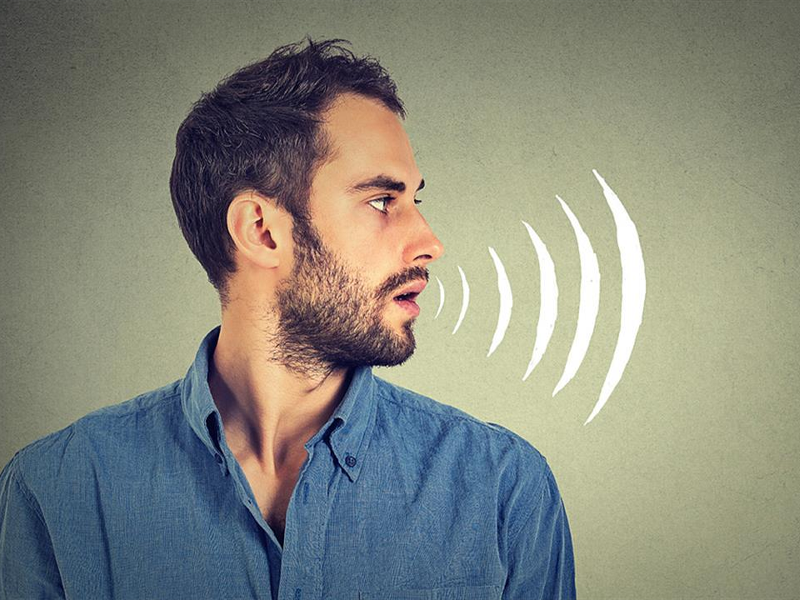Verbal abuse is one of the most overlooked forms of emotional harm. Unlike physical violence, its effects are invisible, but they can last much longer. This type of abuse uses words to belittle, control, manipulate, or hurt someone, and it often occurs in relationships where trust and communication should be safe. Whether it comes from a partner, parent, friend, colleague, or even oneself, verbal abuse can leave deep emotional scars that shape a person’s identity, confidence, and emotional well-being.
The Subtle Nature of Emotional Harm
Verbal abuse doesn’t always begin with obvious insults or shouting. It often starts with subtle comments—sarcasm, teasing, dismissive language, or passive-aggressive behavior. Over time, these small verbal jabs can escalate into more serious patterns of criticism, humiliation, gaslighting, and threats. Because the signs can be so subtle, many people endure this behavior without recognizing it for what it is. The abuser may even mask their words as concern or claim they are “just being honest” or “joking.”
The danger lies in the repetition. When someone is repeatedly told they are not enough, not smart, or not lovable, they can start to believe it. These words slowly erode self-trust, causing the victim to doubt their own feelings and judgment. The longer the abuse continues, the more damage it inflicts on mental and emotional health.
Psychological Effects of Verbal Abuse
Verbal abuse can have lasting psychological consequences. It often leads to low self-esteem, chronic self-doubt, and emotional instability. Victims may struggle with anxiety, depression, or emotional numbness. They may become overly apologetic, avoidant, or fearful in everyday situations. Some develop difficulty trusting others or experience intense guilt even when they’ve done nothing wrong.
The internal dialogue of someone who has suffered verbal abuse often mirrors the words of the abuser. This creates a cycle of self-criticism and shame that can continue long after the abuse ends. The victim may carry this invisible burden into new relationships, workplaces, and personal goals, making healing essential for long-term well-being.
Recognizing the Warning Signs
Identifying verbal abuse is the first step toward healing. It often includes patterns such as:
- Frequent criticism or blame
- Belittling or insulting comments
- Shaming or name-calling
- Constant correction or undermining
- Dismissing feelings or experiences
- Gaslighting or denying things that were said
- Threats or intimidation
- Silent treatment or emotional withdrawal
These behaviors may occur behind closed doors or in public, and they are never justified. Consistent exposure to this type of language can rewire how a person thinks and feels, reinforcing a sense of helplessness or unworthiness.
The Path Toward Emotional Recovery
Healing from verbal abuse takes time, self-compassion, and intentional effort. It begins with acknowledging that the abuse occurred and understanding that the victim is not at fault. No one deserves to be mistreated or devalued. Accepting that the pain is real allows space for emotional recovery to begin.
Creating distance from the abuser, if possible, is often a crucial step. This might mean ending a relationship, limiting contact, or establishing firm boundaries. In cases where physical separation isn’t possible, emotional boundaries can still be set by changing the way one responds to toxic behavior or seeking outside support.
Therapy or counseling can be highly effective in helping individuals process emotional wounds. A trained therapist can guide someone through the process of rebuilding self-worth, challenging negative beliefs, and learning healthier thought patterns. Talking to trusted friends or support groups can also provide encouragement and perspective during the healing journey.
Rewriting the Inner Dialogue
One of the most powerful tools in healing is changing the way we speak to ourselves. Verbal abuse often plants negative thoughts that repeat internally, long after the external voice has gone silent. Replacing those thoughts with affirming, truthful statements can gradually rebuild self-image.
Instead of saying, “I’m always wrong,” shift the narrative to, “I’m learning and growing.” Rather than thinking, “I’m not good enough,” try, “I am deserving of respect and love.” These small shifts in language may feel difficult at first, but repeated often enough, they begin to reprogram the brain and restore confidence.
Developing a positive self-talk habit helps undo the damage caused by years of criticism. It reinforces self-compassion, builds emotional resilience, and strengthens the belief that healing is not only possible but deserved.
Reclaiming Emotional Strength
Moving on from verbal abuse doesn’t mean forgetting the past—it means choosing not to let it define you. Healing allows individuals to reclaim their voice, reestablish boundaries, and create new narratives built on respect, trust, and dignity.
Building healthy relationships with others, cultivating emotional intelligence, and seeking joy in everyday moments are all part of this process. It takes strength to confront the harm done, and even more strength to rise above it. But with consistent support, self-awareness, and time, recovery is more than achievable—it is transformative.
Conclusion: You Are Not What Was Said to You
Words can harm, but they can also heal. The journey to recovery from verbal abuse starts with recognizing that your worth is not determined by the hurtful things someone else has said. Every step you take toward healing is a step toward rediscovering your value, your voice, and your peace. You are not the insults you endured. You are stronger than the silence you carried. And you are capable of creating a life built on respect, self-love, and emotional freedom.





